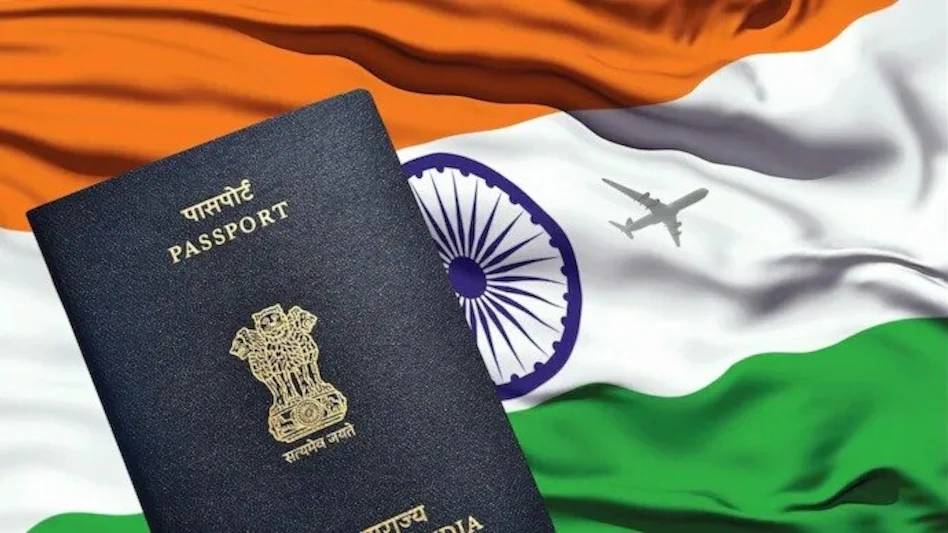India’s new passport rules 2025: Everything you need to know
Birth certificate now mandatory as new colour-coded passports introduced

In a significant policy shift, the Government of India has revised its passport issuance guidelines, effective from March 2025.
The most notable change is the requirement for a birth certificate as the exclusive proof of date of birth for individuals born on or after October 1, 2023.
This initiative aims to standardise documentation and enhance the accuracy of personal records.
Accepted documents
For applicants born before the October 1, 2023, cutoff, the government continues to accept various documents as proof of date of birth, including:
- Birth certificate issued by the Registrar of Births and Deaths or Municipal Corporation
- Educational certificates (transfer, school leaving, or matriculation)
- PAN Card issued by the Income Tax Department
- Driving licence issued by the State Transport Department
- Election photo ID card issued by the Election Commission of India
- Life insurance policy bonds from public sector insurance companies
This flexibility ensures that applicants from diverse backgrounds can provide suitable documentation for passport issuance.
Residential information
To enhance privacy and security, residential addresses will no longer be printed on the last page of the passport. Instead, immigration officials will access the applicant’s residential data by scanning a barcode.
Colour-coded passports
The government has introduced a colour-coded passport system to distinguish between different categories of passport holders:
Red: Diplomatic passport holders
White: Government officials
Blue: All other regular passport holders
This system aims to streamline identification and processing at international borders.
Parents' names not mandatory
In a move towards inclusivity, the parents’ names will no longer be printed on the last page of the passport. This amendment is designed to accommodate children of single parents or individuals from estranged families, reflecting the government's recognition of diverse family structures.
Expansion of Passport Seva Kendras
To improve accessibility to passport services across the country, the government has announced plans to expand Post Office Passport Seva Kendras (POPSKs). Over the next five years, the number of POPSKs will increase from the current 442 to 600. This expansion aims to streamline passport processing and improve service delivery for citizens, particularly in remote areas.
Implications for applicants
The introduction of these amendments underscores the government’s commitment to ensuring accurate and uniform documentation in the passport issuance process. By making birth certificates mandatory for newer generations, authorities aim to reduce discrepancies and enhance the reliability of personal identification records.
Applicants are advised to ensure they have the necessary documents corresponding to their date of birth to facilitate a smooth passport application process.
How to apply for Indian passport
Applying for an Indian passport involves several steps:
Online Registration: Applicants must register on the official Passport Seva website and fill out the application form with accurate details.
Fee Payment and Appointment Scheduling: After completing the form, applicants need to pay the requisite fees online and schedule an appointment at the nearest Passport Seva Kendra (PSK) or Post Office Passport Seva Kendra (POPSK).
Document Submission and Biometric Data: On the appointment day, applicants must present original documents along with self-attested photocopies. Biometric data, including fingerprints and photographs, will be collected at the PSK/POPSK.
Police Verification: Post document verification, a police verification process is conducted based on the applicant's current address. A local police officer will visit the residence to verify the provided details.
Passport Issuance and Delivery: Once the police verification is cleared, the passport is printed and dispatched via Speed Post to the registered address. Applicants receive SMS/email notifications with tracking details.
Processing time
- Normal Passport: The processing time typically ranges from 30 to 45 days, depending on the completion of police verification.
- Tatkaal Passport: For applicants requiring expedited services, the Tatkaal scheme offers faster processing, usually within 1 to 7 days, with an additional fee.